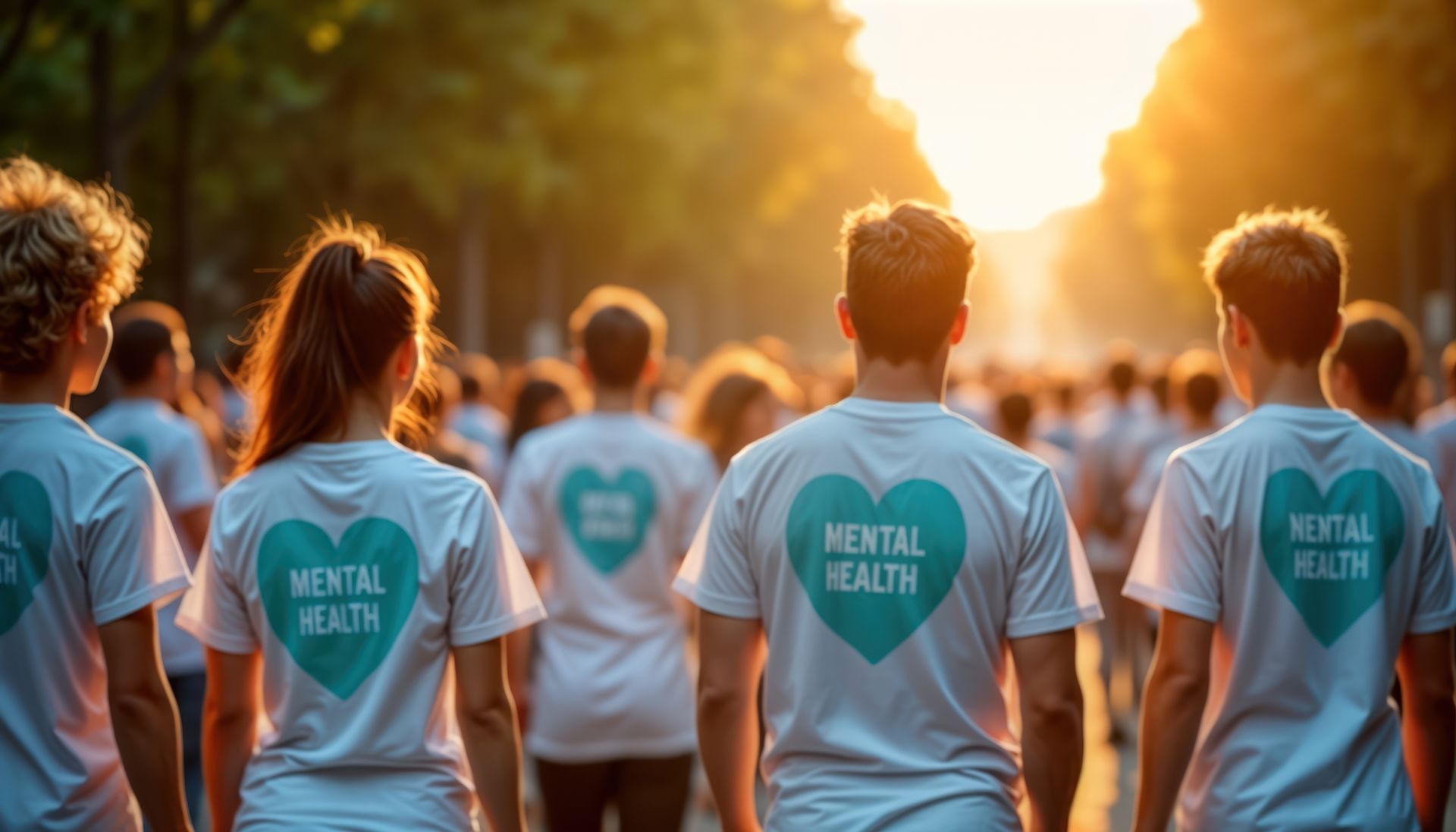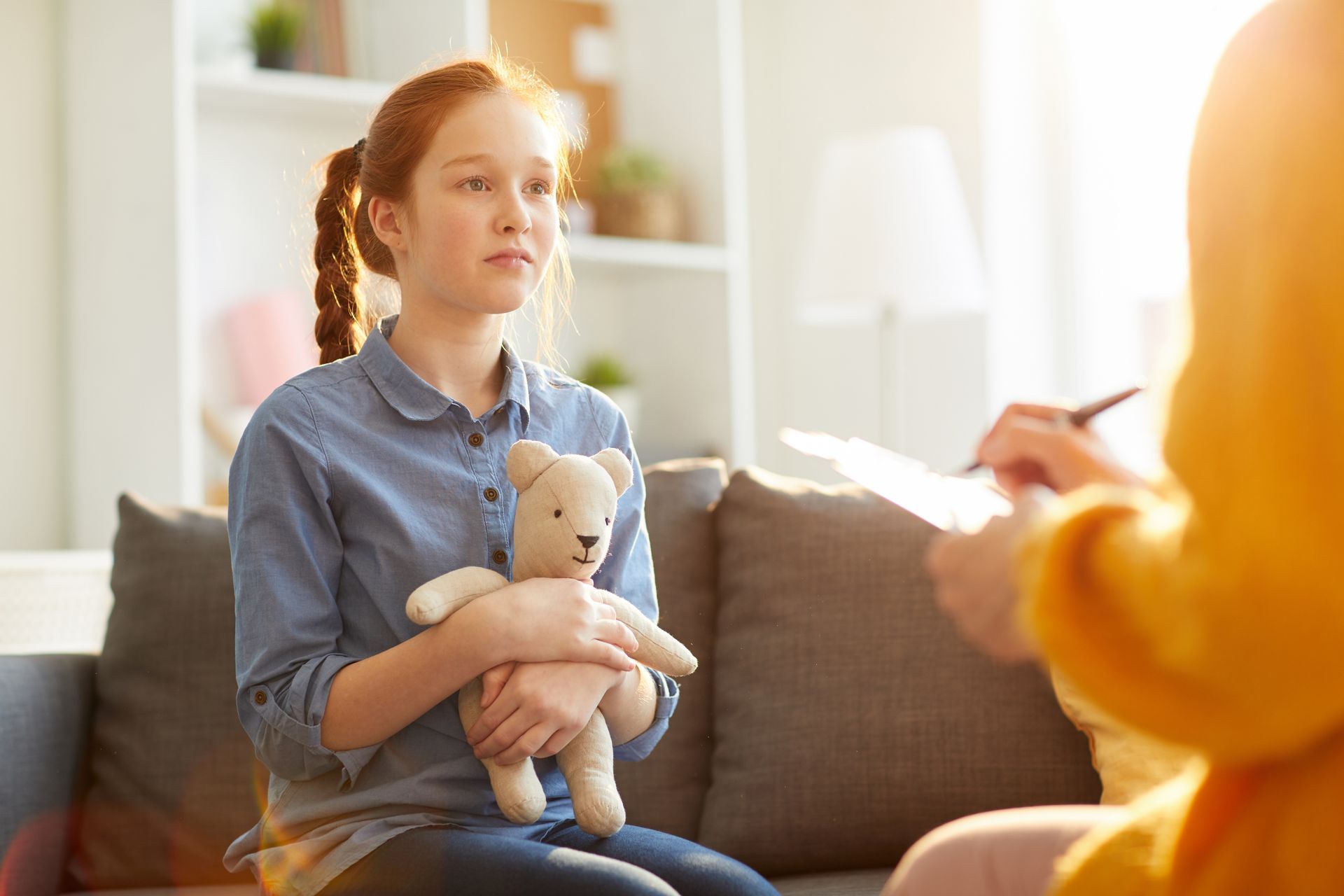How Parents Affect Their Child’s Mental Health
As mental health rightfully gains more recognition nowadays, the term can also sometimes imply that a person is automatically diagnosed with a disorder or is anxious. However, mental health is simply like physical health. It controls how we think, feel, and act—affecting mainly our emotional, psychological, and social well-being.
Now, as parents, the ways we speak and handle our kids have an impact that can affect their mental health. The environment parents create can shape a child’s emotional well-being for years to come. Let’s explore how exactly parents influence their child’s mental health and what can be done to ensure it’s a positive one.
The Parent-Child Relationship
How Your Parenting Style Affects Your Children
There will never be a right or wrong “method” to raise children—each parent has their own preferences. Here are
the different parenting styles and their potential impact:
| Parenting Style | Positive Effects | Negative Effects |
|---|---|---|
| Authoritarian | Provides clear rules and structure | Can create fear and lower self-esteem |
| Authoritative | Balances rules with warmth and support | May have high expectations that stress child |
| Permissive | Encourages creativity and freedom | Lacks discipline, leading to behavioral issues |
| Uninvolved | Promotes independence | Causes neglect and emotional/social problems |
As with anything in life, there are both pros and cons to every decision we make. When it comes to parenting, it’s always important to think about which style you lean toward and how it may be affecting your child.
How Your Own Mental Health Impacts Your Kids
Children are much more perceptive than we realize. If you’re dealing with something mental yourself, your child can also pick up on it. This, in turn, can create an emotionally unstable environment that affects their mental health, even if they might not fully grasp the situation.
Children learn how to cope with their emotions by observing their parents and elders. If you model unhealthy behaviors, they’re likely to mimic them.
Therefore, it is important to seek help for ourselves as parents.
Take care of yourself so you can take better care of others.
The Power of Praise and Communication
The way you communicate with your kids matter too—your tone, your intent, your language—everything. Which is why positive communication and reinforcement like praising their efforts can build their overall emotional well-being.
Open and honest conversations about different types of feelings (happiness, sadness, fear, etc) help them express themselves in healthy ways. On the other hand, harsh criticism or not talking about emotions at all can lead to self-doubt and emotional withdrawal.
The Impact of Family Stress and Conflict
Teaching Your Kids to Handle Stress
Stress management is one of the best things you can teach your child. As mentioned above, kids learn by how you manage your own stress. Are you modeling healthy coping habits like exercise or mindfulness? Teaching them how to handle tough emotions helps them build resilience and cope with life’s ups and downs.
Knowing When to Seek Mental Help For Children
Despite your best efforts, your child may need more support than you can offer. Recognizing when it’s time to seek professional help is crucial to ensuring they get the care they need. If you notice ongoing signs of anxiety, depression, or emotional struggles, don’t hesitate to reach out to a therapist or counselor. Always remember that seeking help is also a sign of strength.
Take the First Step in Supporting Your Child’s Mental Health
Your role as a parent is extremely crucial in shaping your child’s emotional well-being. If you're looking for resources or guidance, FundaMental Change is here to help with
our wide range of mental health resources—professional advice, support groups, or tools to create a healthier environment at home. Contact us today to learn more about how you can support your child’s mental health and build a stronger foundation for their future!












